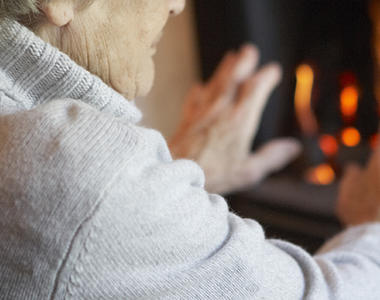What can be done to tackle fuel poverty?
What can be done to tackle fuel poverty?

There are currently nearly 2.5 million households in fuel poverty. Fuel poverty occurs when people are unable to heat their home to an adequate level at reasonable cost. There are three key interacting factors that cause fuel poverty: low incomes, high fuel prices and properties that are energy inefficient. The negative consequences associated with fuel poverty include health problems, excess winter deaths and increases in personal debt.
Addressing fuel poverty is essential for creating a more equitable and healthy society, where all households are able to keep themselves warm and healthy. Alleviating fuel poverty also has positive benefits for the economy overall, as those supported should subsequently have greater income available for other goods and services. The Home Energy Conservation Act (HECA) 1995 and the Warm Homes and Energy Conservation Act 2000 require local authorities to take action on fuel poverty to the extent that is practical for them to do so. Fuel poverty initiatives can also be combined with efforts to reduce carbon emissions to create win-win solutions.
This section explains which households are most prone to fuel poverty and the actions that can be taken to address the issue.


